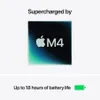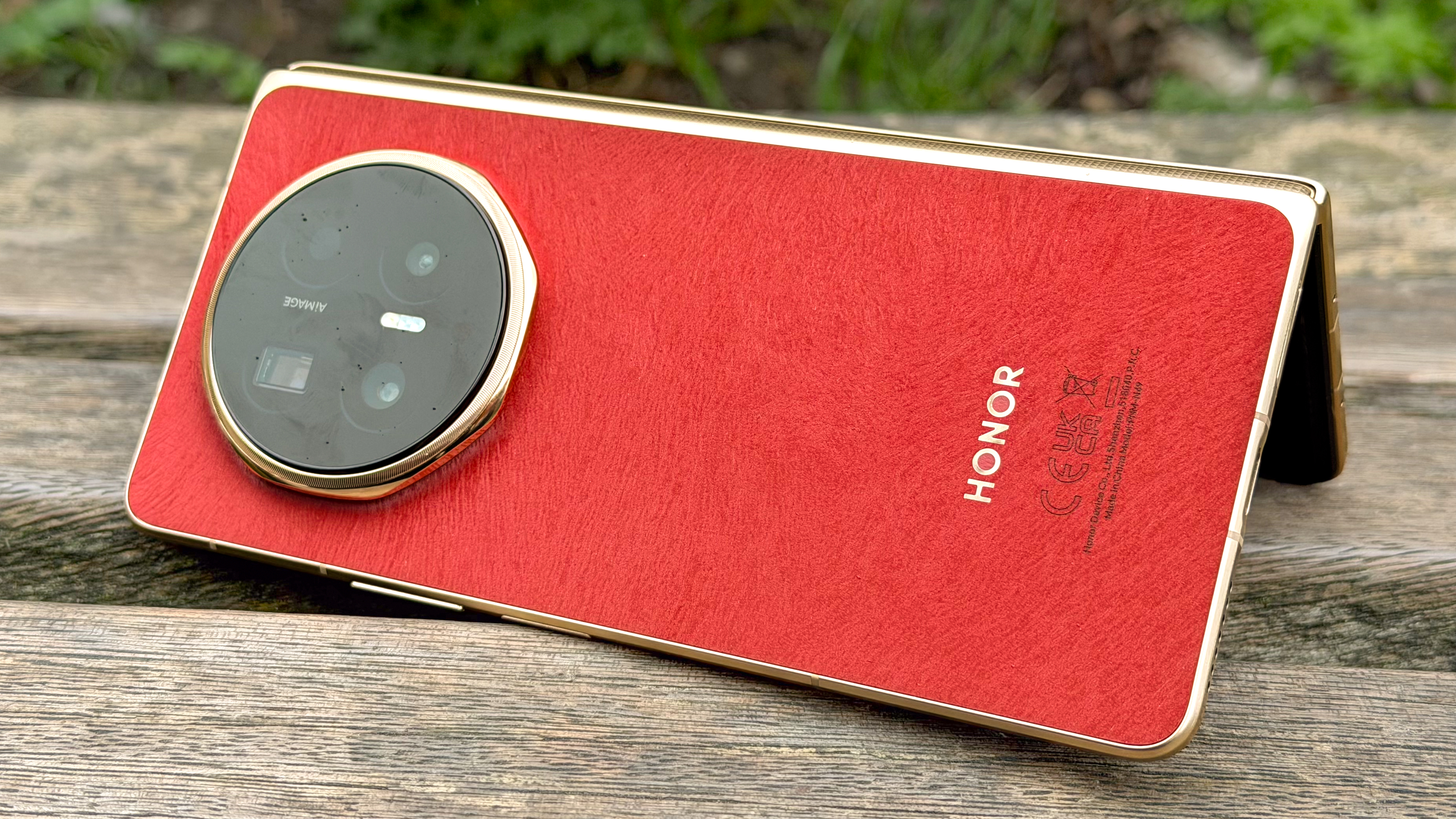Judge orders Google to share search data as part of antitrust ruling — but Google gets to keep Chrome
It's a much lighter punishment than the government wanted
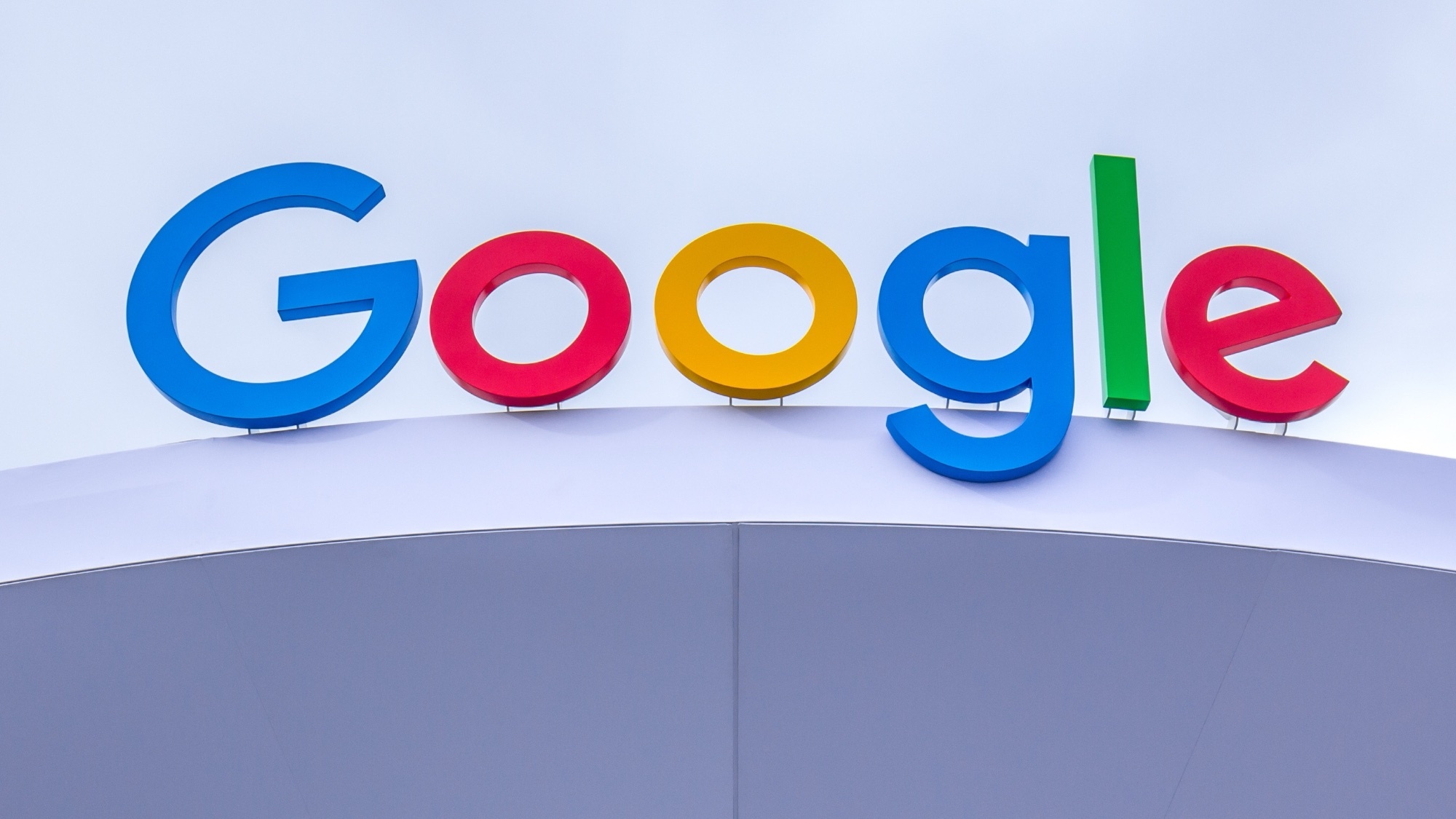
Here at Tom’s Guide our expert editors are committed to bringing you the best news, reviews and guides to help you stay informed and ahead of the curve!
You are now subscribed
Your newsletter sign-up was successful
Want to add more newsletters?
Join the club
Get full access to premium articles, exclusive features and a growing list of member rewards.
Just over a year after a federal judge declared that Google is a monopoly in a landmark antitrust case, penalties have been handed down, though Google has been spared the breakup that the government had been seeking.
There was some expectation that the ruling handed down today (September 2) would force Google to divest various parts of its business including selling Chrome or separating Android from Google. That's not what happened, though Judge Amit P. Mehta of the U.S. District Court for the District of Columbia did impose some penalties.
As part of the ruling, Google must share some of its search data with companies that are "qualified competitors." Specifically, Google has to share search index and user interaction data, though it doesn't have to share advertising data.
Mehta also called for the creation of a technological oversight committee that is supposed to monitor Google's compliance with the ruling for the next six years.
Additionally, Mehta restricted Google's ability to enter into exclusive contracts for distributing its search engine. The company is still able to pay for distribution of its search and AI products. This means that Google could still pay $20 billion a year to Apple for making Google Search the provider on Safari, as long as the deal isn't exclusive.
The Department of Justice argued that Google should be forced to sell its Chrome web browser as a way to remedy the company's power as a monopoly.
“Notwithstanding this power, courts must approach the task of crafting remedies with a healthy dose of humility,” said Judge Mehta in the decision. “This court has done so.”
Get instant access to breaking news, the hottest reviews, great deals and helpful tips.
Mehta noted in his ruling that AI had upended the tech world since the lawsuit launched in 2020 and that factored in his decision.
Gabriel Weinberg, founder and CEO of browser maker DuckDuckGo, said that the ruling did not go far enough to force the changes needed to Google's behavior. "Google will still be allowed to continue to use its monopoly to hold back competitors, including in AI search," Weinberg said in a statement received by Tom's Guide. "As a result, consumers will continue to suffer. We believe Congress should now step in to swiftly make Google do the thing it fears the most: compete on a level playing field."
How did we get here
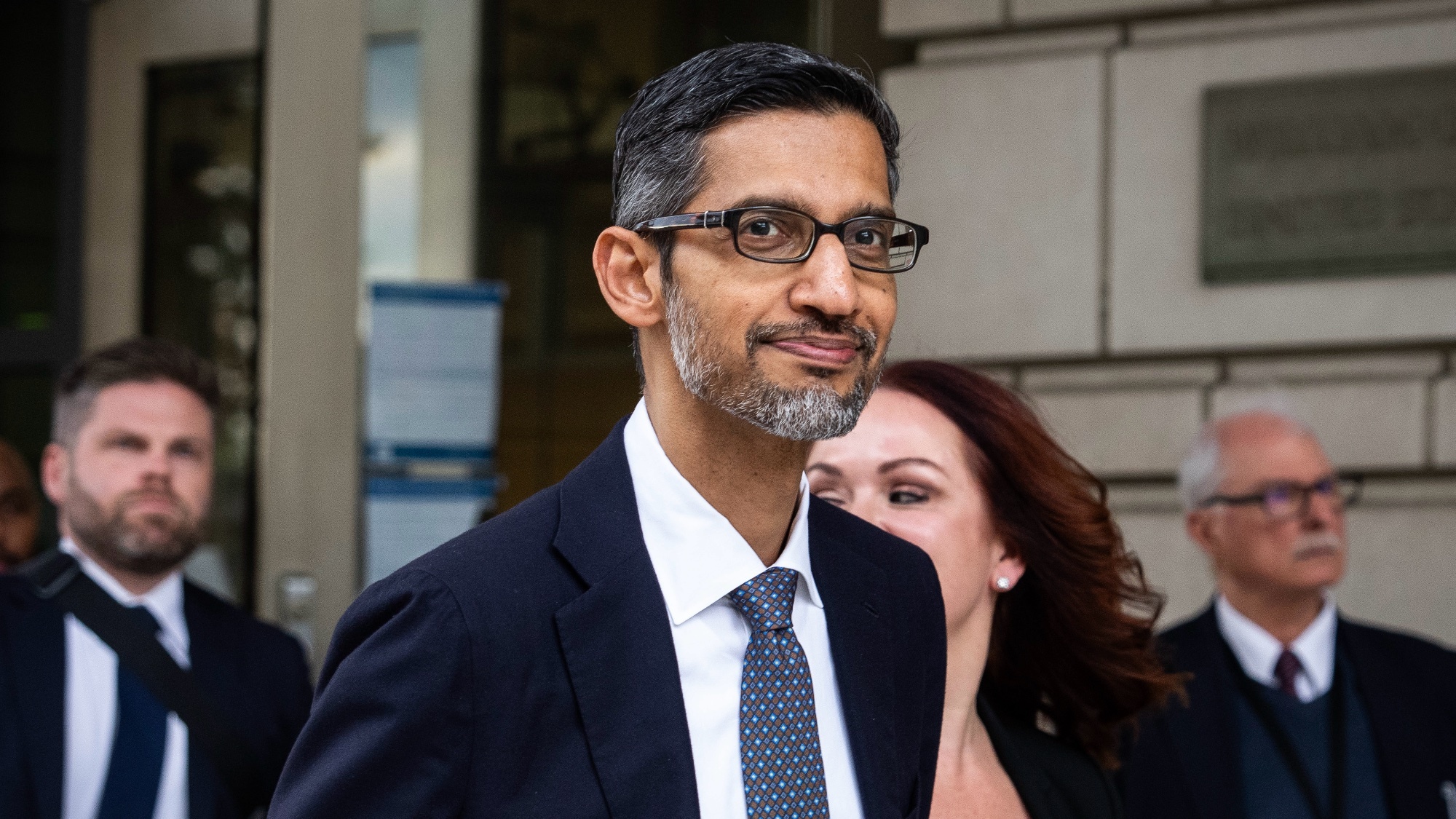
This is not necessarily the end of the lawsuit, as Google could appeal the ruling. For now, the landmark case is one of the first major attempts to tackle technology monopolies since US v Microsoft in 1998.
The Department of Justice filed the antitrust lawsuit against Google in 2020 arguing that the exclusive agreements with companies like Apple and Samsung was monopolistic and kept out competitors.
Mehta ruled that Google was a monopoly in 2024 with the case entering the remedies phase this past April. During this phase, Google agreed to halt the exclusive contracts but fought back on every other point including the forced sale of Chrome and sharing data.
Google argued that doing so would harm the company, reduce innovation and basically act as a free handout to competitors. However, as of this writing, even with the rise of OpenAI and its improved AI-based search, Google has nearly 90% of the search engine market according to GS Statcounter.
Follow Tom's Guide on Google News to get our up-to-date news, how-tos, and reviews in your feeds. Make sure to click the Follow button.
More from Tom's Guide
- I tested the Pixel 10 Pro — 5 reasons to buy (and 3 reasons to skip)
- Google Gemini’s AI Photo Editing Is Next-Level — Here’s What It Can Really Do
- Best cheap phones tested — Our top budget phone picks

Scott Younker is the West Coast Reporter at Tom’s Guide. He covers all the lastest tech news. He’s been involved in tech since 2011 at various outlets and is on an ongoing hunt to build the easiest to use home media system. When not writing about the latest devices, you are more than welcome to discuss board games or disc golf with him. He also handles all the Connections coverage on Tom's Guide and has been playing the addictive NYT game since it released.
You must confirm your public display name before commenting
Please logout and then login again, you will then be prompted to enter your display name.
 Club Benefits
Club Benefits














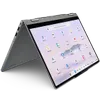
![HIDevolution [2025] ASUS ROG... HIDevolution [2025] ASUS ROG...](https://images.fie.futurecdn.net/products/60cbb9059616003fe7353df7bc0e56e02dd01b3c-100-80.jpg.webp)

